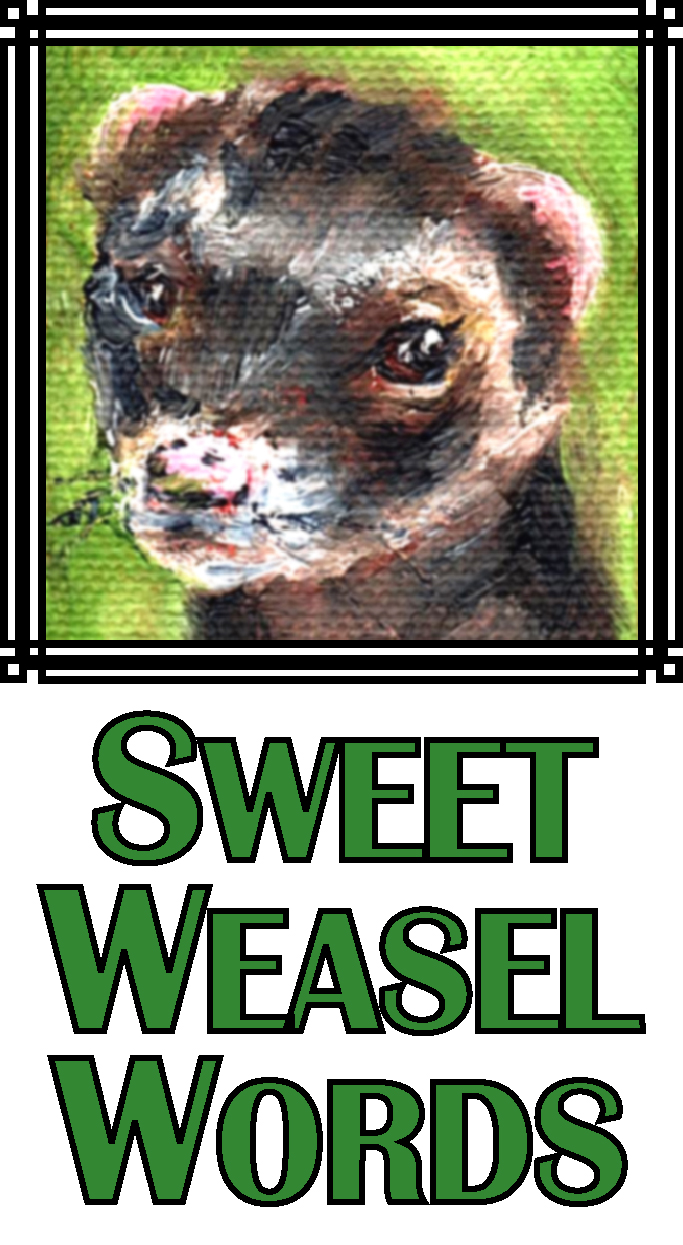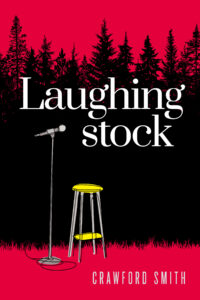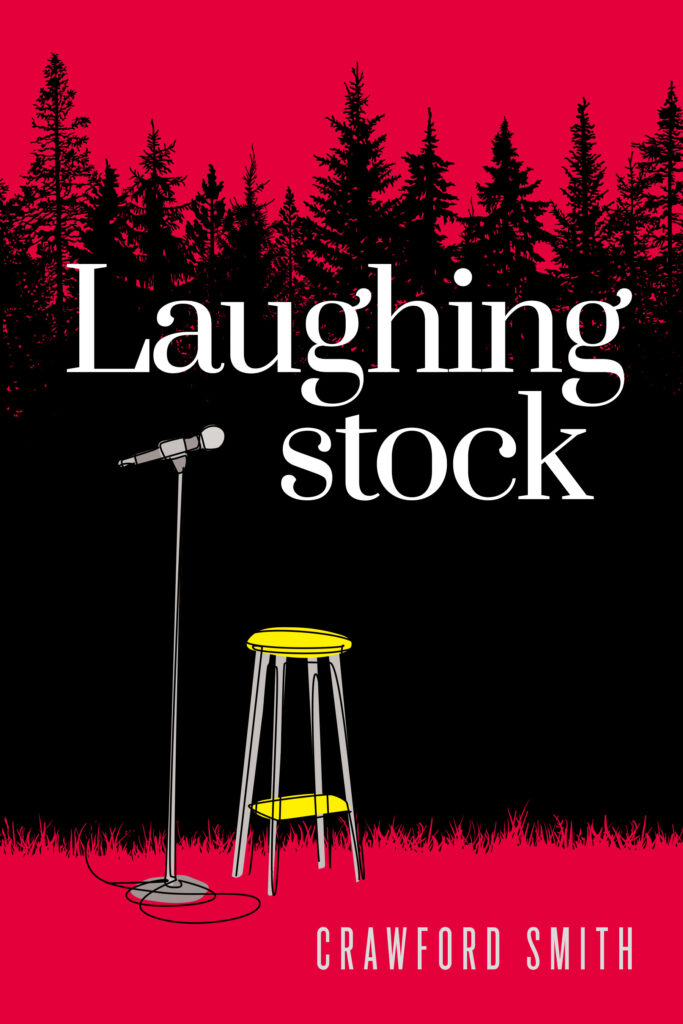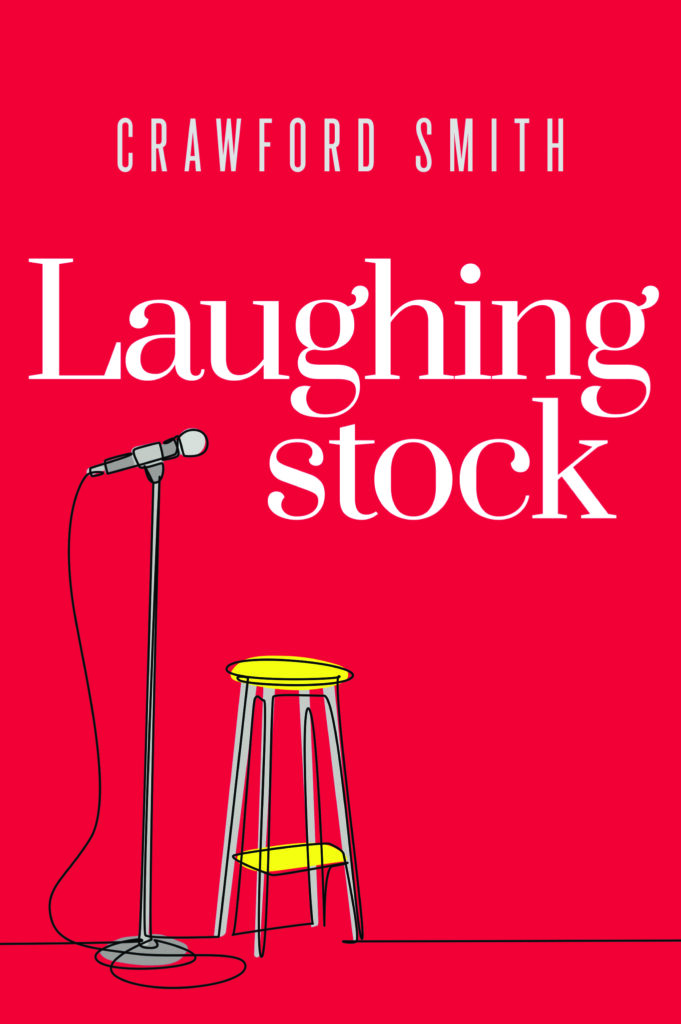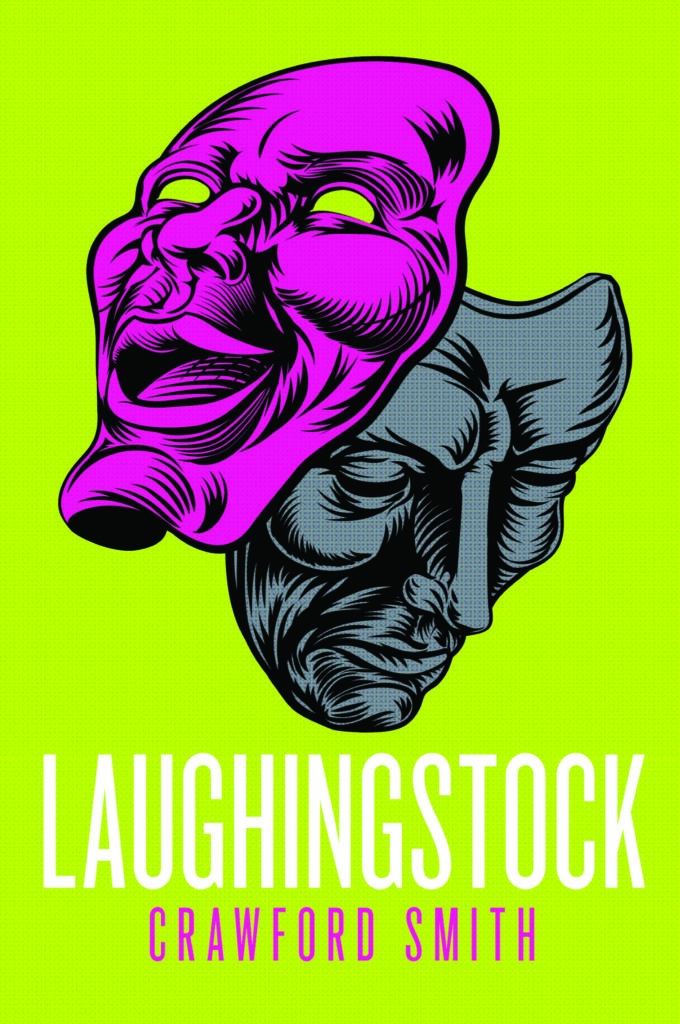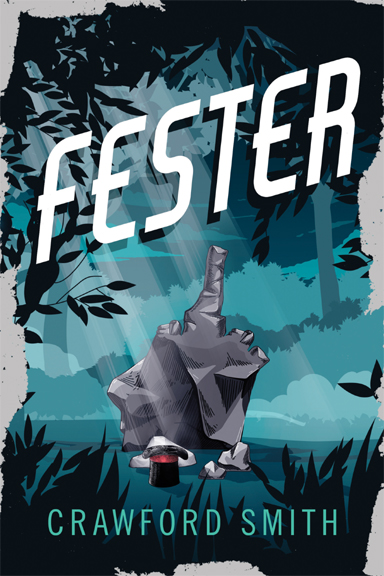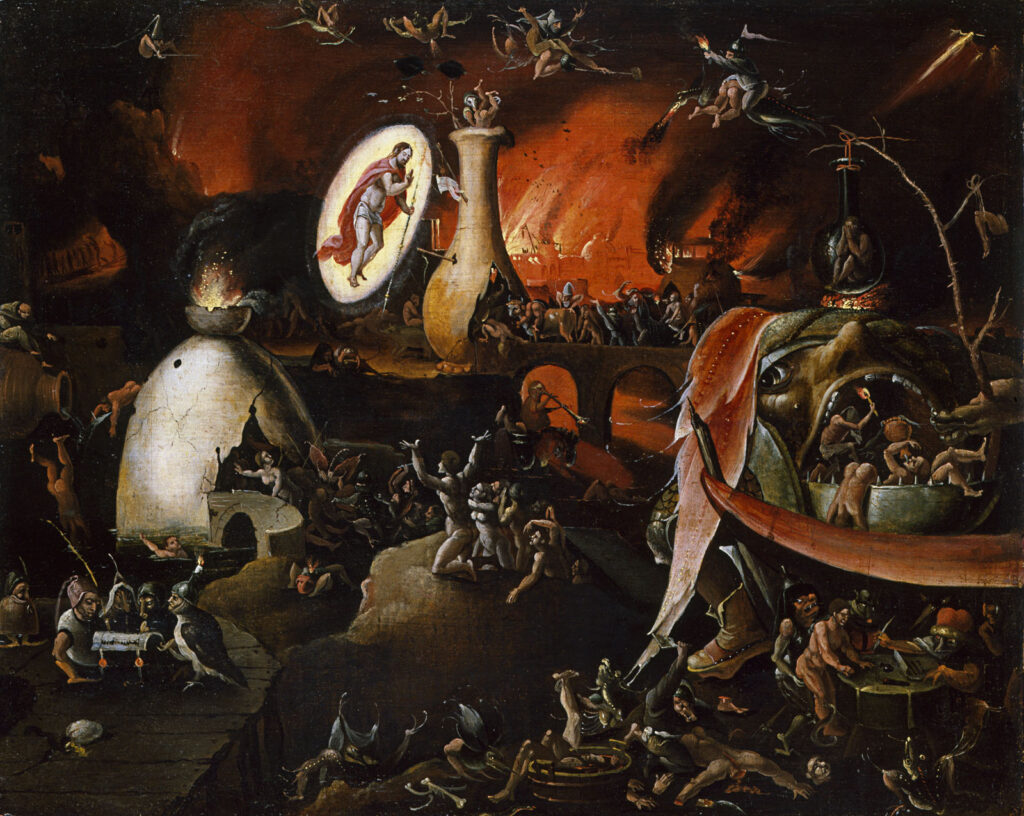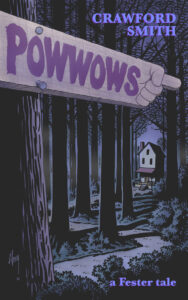Who doesn’t love a good laugh? I’m sure there are people out there like that, but I sure wouldn’t want to spend any time with them. I’ve always loved a laugh, and the best way to get my chucks was through stand-up comedy.
My parents had a lot of comedy LPs in the house. Their tastes ran to 60s hipster/Laugh-In stuff: Bob Newhart, Don Rickles, Smothers Brothers, Vaughn Meader (anyone remember him?). And Bill Cosby. I really loved Bill Cosby when I was a kid. The very first comedy show I ever went to was Bill Cosby playing at the local fairgrounds(!). We had front-row center seats too, which was great except for the opening act, which was the odious and terrifying Up With People. It was great to see my childhood comedy idol up close; shame he turned out to be such a scumbag. (It was almost as if he’d shot me in the face with pepper spray!*)
Laughingstock is my love-letter to standup comedy. There are a lot of stand-up comedy references in the book, some obvious, some pretty obscure. I’m sure some comedy fans will notice the parallel between the teen comedy duo of Chuck Marshall and Duckie Dunne to the careers of comedians Bill Hicks and Dwight Slade . Chuck, like Bill, made the big-time; Duckie, like Dwight, wound up in Portland. There’s lots more standup references for the hard-core comedy nerds out there.
To prepare for writing Laughingstock, I actually tried my hand at doing some standup. It’s hard! It takes a lot of time and effort to perfect that craft, and a lot of time hanging out at divey open-mics, swilling cheap beer and waiting for my turn to go on. I found myself regretting that I hadn’t tried it when I was in my 20s, since I spent a lot of time hanging out in divey bars swilling cheap beer then, anyway.
I managed to dredge up a video of one of the performances I did at a comedy club here in Portland. Not exactly A-list material, for sure – but I had a lot of fun doing it. Ironically, almost all of the content in Laughingstock that was based on my first-hand experience got cut for the sake of brevity. Most of this was in the form of Chuck and Duckie’s early stage experiences at a rickets telethon and the open mic for “Night Yuks.”
While I may not have wound up with a Netflix comedy special, and most likely won’t have a bestseller on my hands, I sure had a lot of fun researching and writing it; I hope you will enjoy reading it!
